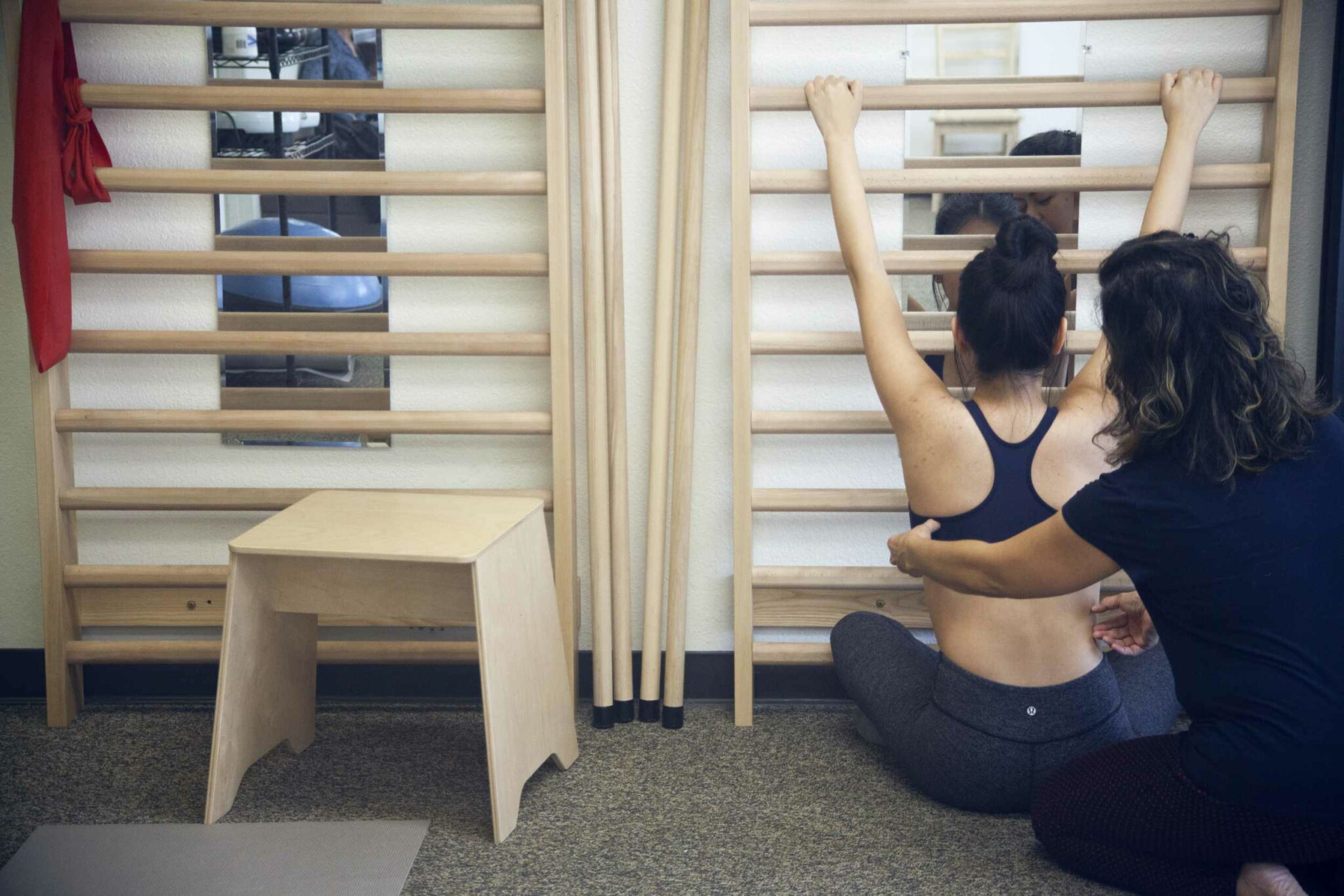Scoliosis and Mental Health: Coping with Body Image and Emotional Well-being
Published: November 7, 2023
Categories: Health
Tags:
Scoliosis, a condition characterized by an abnormal curvature of the spine, can have a significant impact on both physical and emotional well-being. While physical discomfort and limitations are often the focus of scoliosis discussions, the emotional toll it can take on individuals dealing with the condition should not be underestimated. Coping with body image issues and maintaining a positive emotional outlook is crucial for those with scoliosis.
One of the most challenging aspects of scoliosis is its impact on body image. The visible curvature of the spine can lead to self-consciousness and a sense of being different. Individuals, particularly adolescents, may feel isolated or face social stigma. Coping with these feelings can be a daily struggle, but there are strategies to help.
Self-Acceptance: Learning to accept one’s body, including its imperfections, is an essential step. Self-acceptance can be a powerful tool for improving body image. Surrounding oneself with supportive friends and family can also make a big difference.
Education: Understanding scoliosis and its effects is key to coping with body image issues. By learning about the condition, individuals can feel more in control and empowered to manage it. It’s important to remember that scoliosis is just one part of who they are.
Support Groups: Joining scoliosis support groups or online communities can be a valuable resource for individuals looking to connect with others who share their experiences. These communities offer a platform for sharing stories, offering advice, and finding emotional support.
Therapy: Seeking professional help from therapists or counselors can be beneficial for those struggling with body image and emotional well-being. Therapy can provide tools to manage stress, anxiety, and depression, which often accompany the emotional aspects of scoliosis.
Positive Lifestyle Choices: Engaging in physical activities, as advised by a healthcare professional, can help improve overall well-being and boost self-esteem. Eating a balanced diet, staying active within one’s limitations, and practicing relaxation techniques can all contribute to emotional health.
In conclusion, scoliosis can present emotional challenges due to body image concerns and the stress of living with a chronic condition. However, with self-acceptance, education, support, therapy, and positive lifestyle choices, individuals can find ways to cope with these challenges and maintain their emotional well-being. It’s important to remember that they are not alone, and there is help and support available to navigate the emotional aspects of scoliosis with strength and resilience.

